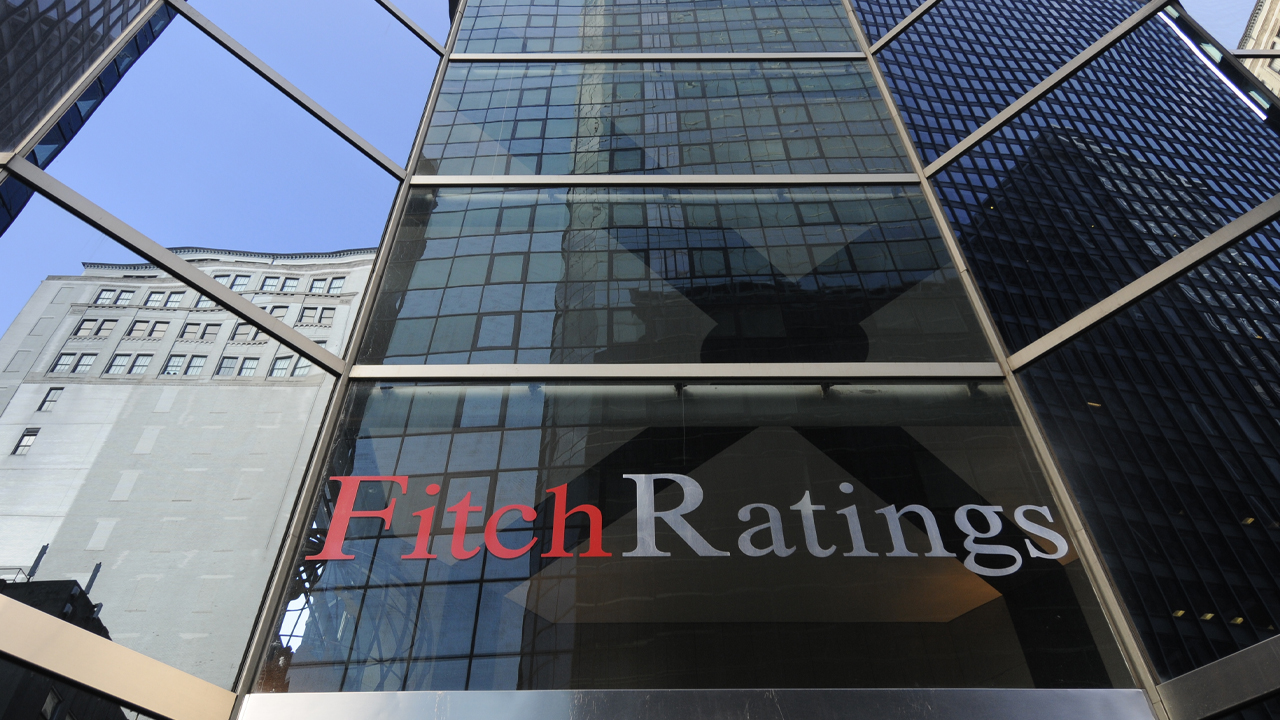Big Three Credit Agency Fitch Warns El Salvador Adopting Bitcoin Will Negatively Affect Insurers

Fitch Ratings, the American credit agency and member of the ‘Big Three’ credit agencies, has published a paper on El Salvador’s adoption of bitcoin and making the crypto asset legal tender in the country. Fitch believes that after the country enforces the new tender law it will face “volatility risk” alongside “regulatory and operating risks” as well.
Fitch Ratings Says El Salvador’s Bitcoin Adoption Invites New Risks
In 21 days, El Salvador’s bitcoin tender law will be enforced after the bill to make bitcoin legal tender in the country was approved by the Salvadoran Congress supermajority on June 9. Since then a number of opinions have surfaced about the country’s choice to adopt bitcoin stemming from organizations like Bank of America, the International Monetary Fund (IMF), members of the Bank for International Settlements (BIS), and individuals like European Central Bank (ECB) president, Christine Lagarde.
Now one of the Big Three credit rating agencies, Fitch Ratings, has published a paper on why it thinks El Salvador adopting bitcoin may be risky. For one, Fitch doesn’t think bitcoin (BTC) will be widely used by the insurance sector and if they do leverage bitcoin, “insurers will likely convert bitcoin into USD as quickly as possible to limit exchange risks, if policyholders decide to use it to pay premiums,” Fitch’s report stresses.
The bitcoin tender law set to be mandated on September 7, 2021, “appears to be unnecessarily rushed and leaves insurance companies with very little time to adapt to its requirements,” the credit agency’s editorial notes. The Fitch Ratings report adds:
The ability of insurers to minimize their holding period will depend on whether the regulatory and operational framework allows for bitcoin to be immediately converted to USD, which is not clear at this time. Insurers that hold bitcoin on their balance sheets for extended periods will be acutely exposed to its price volatility, increasing asset risk, which is a credit negative.
Fitch Follows Moody’s El Salvador Downgrade, Credit Agency Warns Bitcoin Gains Could Quickly Reverse
Fitch Ratings is not the only Big Three member that is not pleased with El Salvador’s decision to adopt bitcoin as legal tender. Moody’s downgraded El Salvador’s rating at the end of June and the bitcoin law is partly responsible. Moody’s lowered the country to a Caa1 from a B3 rating and highlighted a “deterioration in the quality of policymaking.”
Fitch explains that it views earnings stemming from “speculative activities or risky exposures such as bitcoin as a credit negative.” The Fitch Ratings report further notes:
Since [bitcoin] gains could quickly reverse, creating a volatile earnings stream. The country’s insurance sector is already exposed to low credit quality securities, mainly sovereign bonds (B-/Rating Outlook Negative) so additional holdings of high-risk assets will only compound this risk. As of YE20, sovereign and related investments represented 24% of capital and 21% of total investment portfolios of the insurance industry.
Fitch concluded that it is expecting the adoption of bitcoin to force certain sectors of the economy like auditors, insurance agents, and more to “absorb new IT.” If bitcoin is adopted these types of economic sectors will have to leverage expenditure toward cryptocurrency infrastructure.
“These likely will include a need to enhance internal protocols to accept payments, reinforcing the security of their systems from cyber risks and fraud and investing in advisory for the board of directors and managers, as well as training of personnel who will directly manage transactions,” the Fitch report concludes.
What do you think about Fitch Ratings saying El Salvador adopting bitcoin as legal tender will be a negative situation? Let us know what you think about this subject in the comments section below.